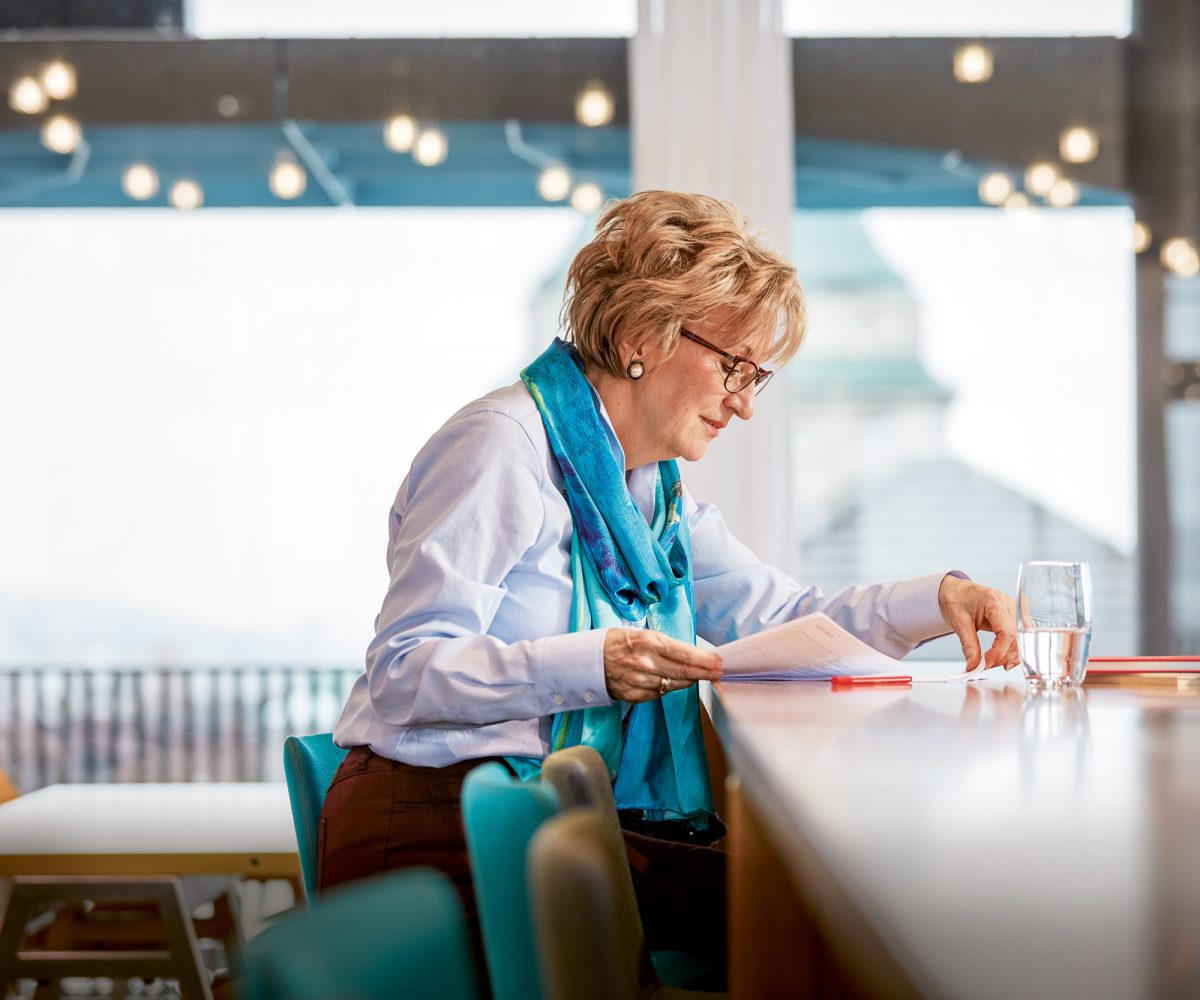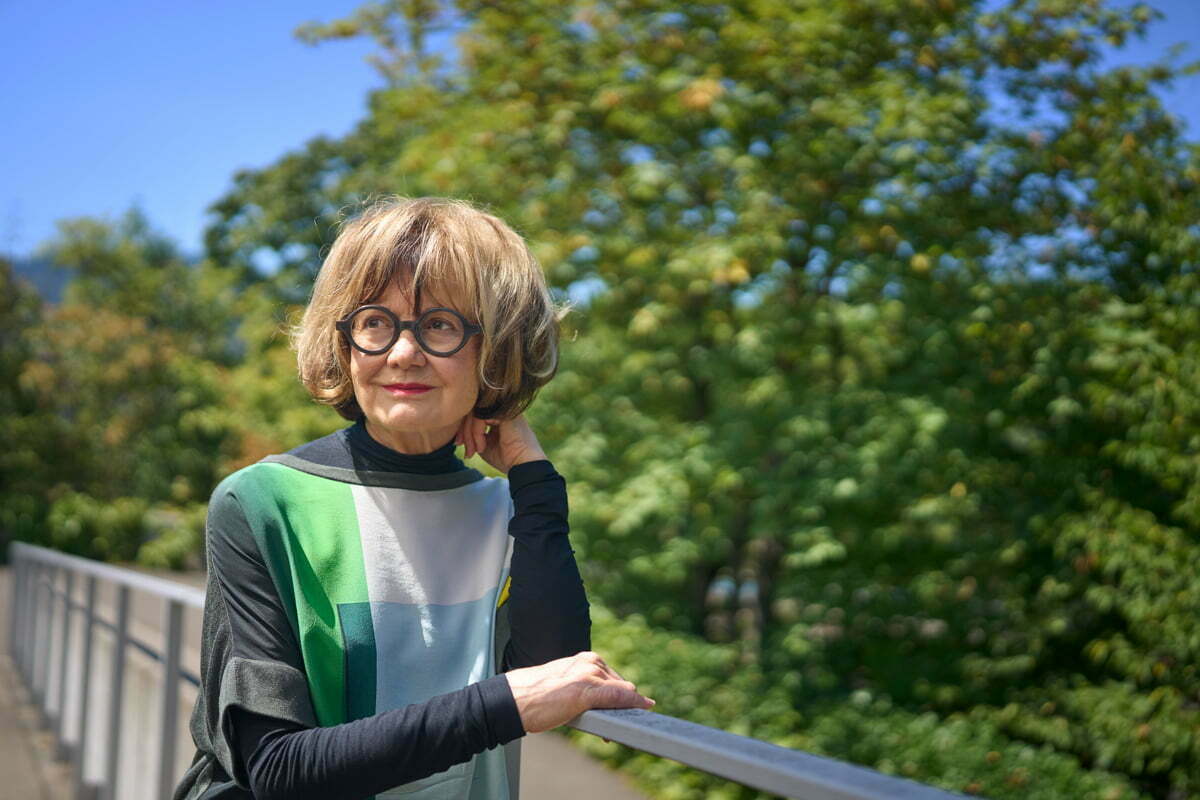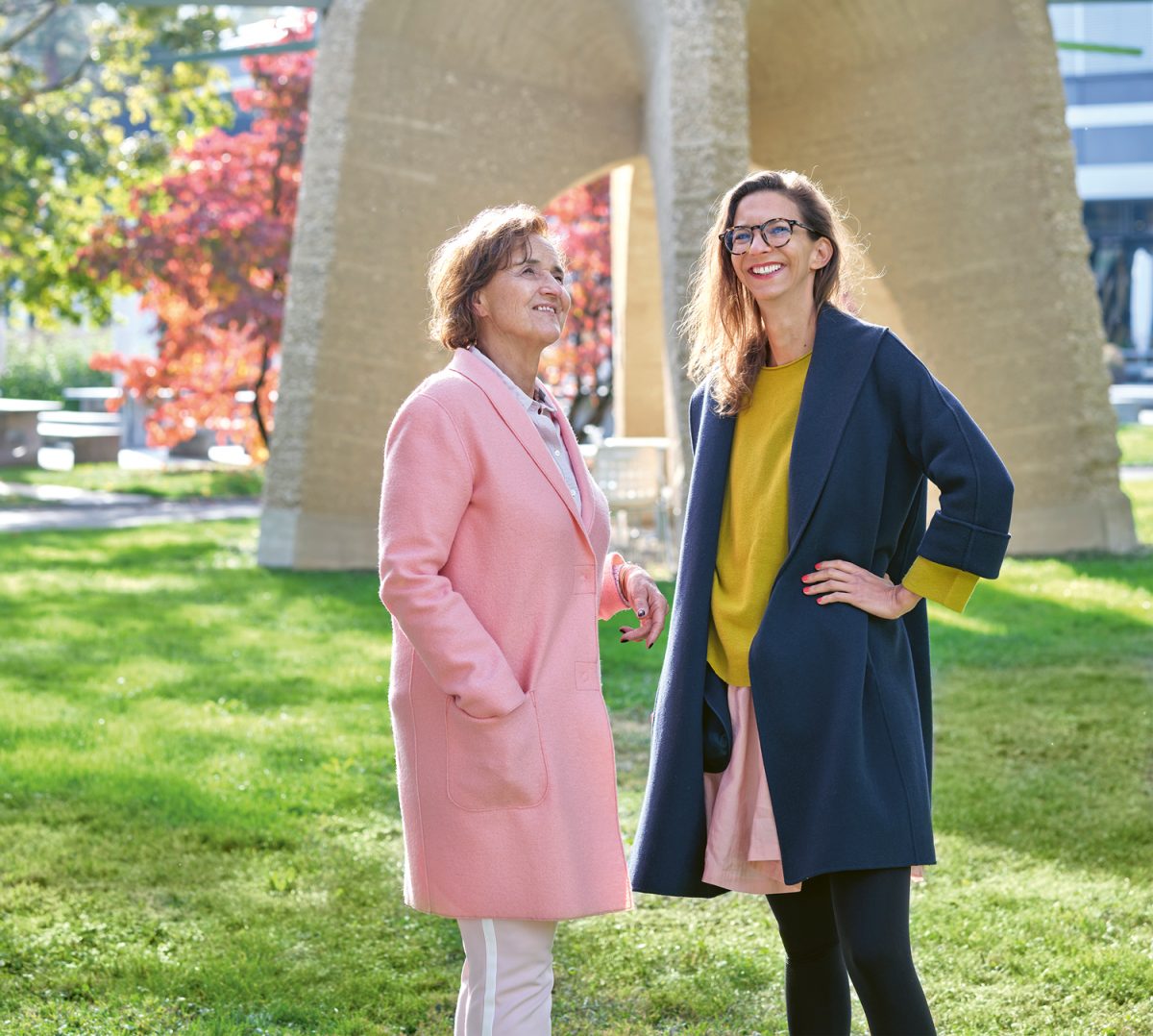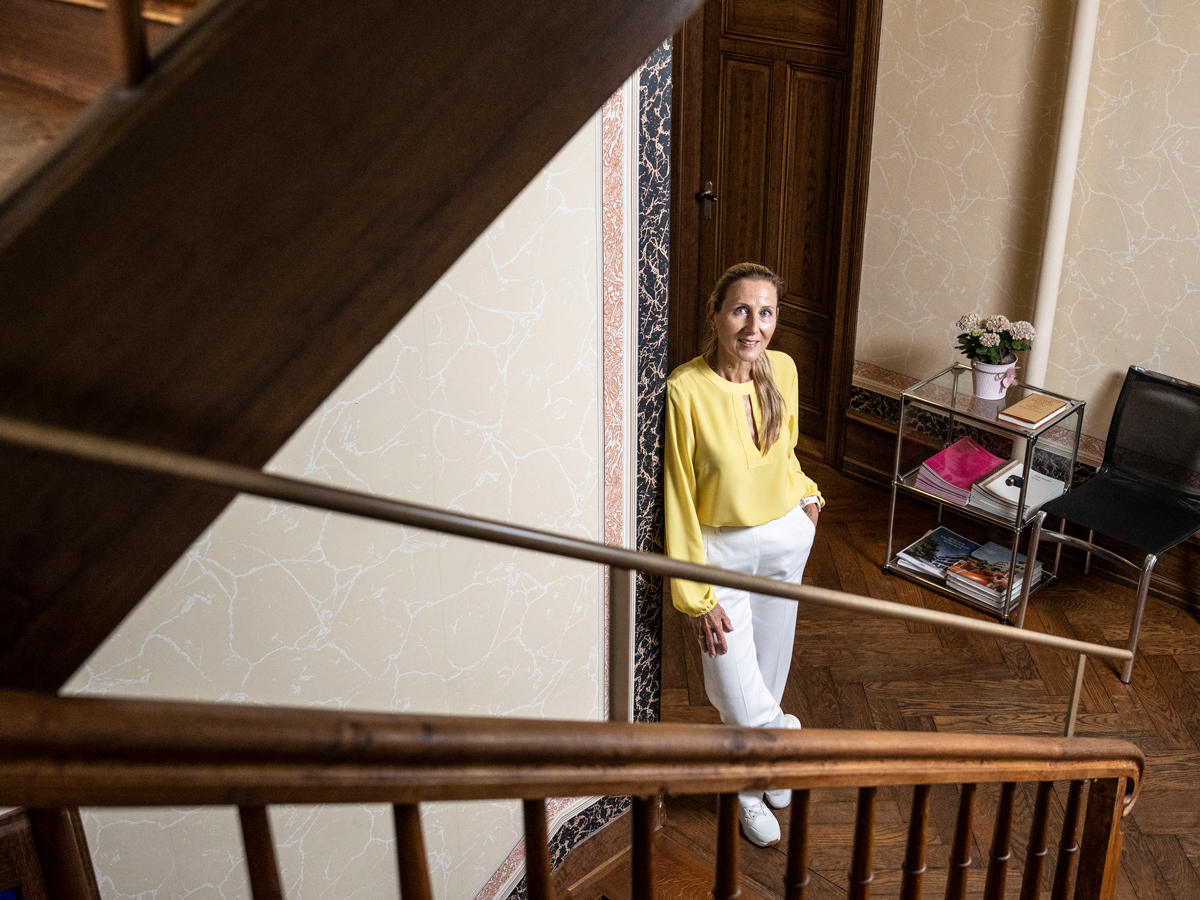Show that you care!
Ilse New not only supports new talent in her role as a donor to the ETH Foundation, the long-serving ETH lecturer in English language and literature has made encouraging talent her life’s mission.
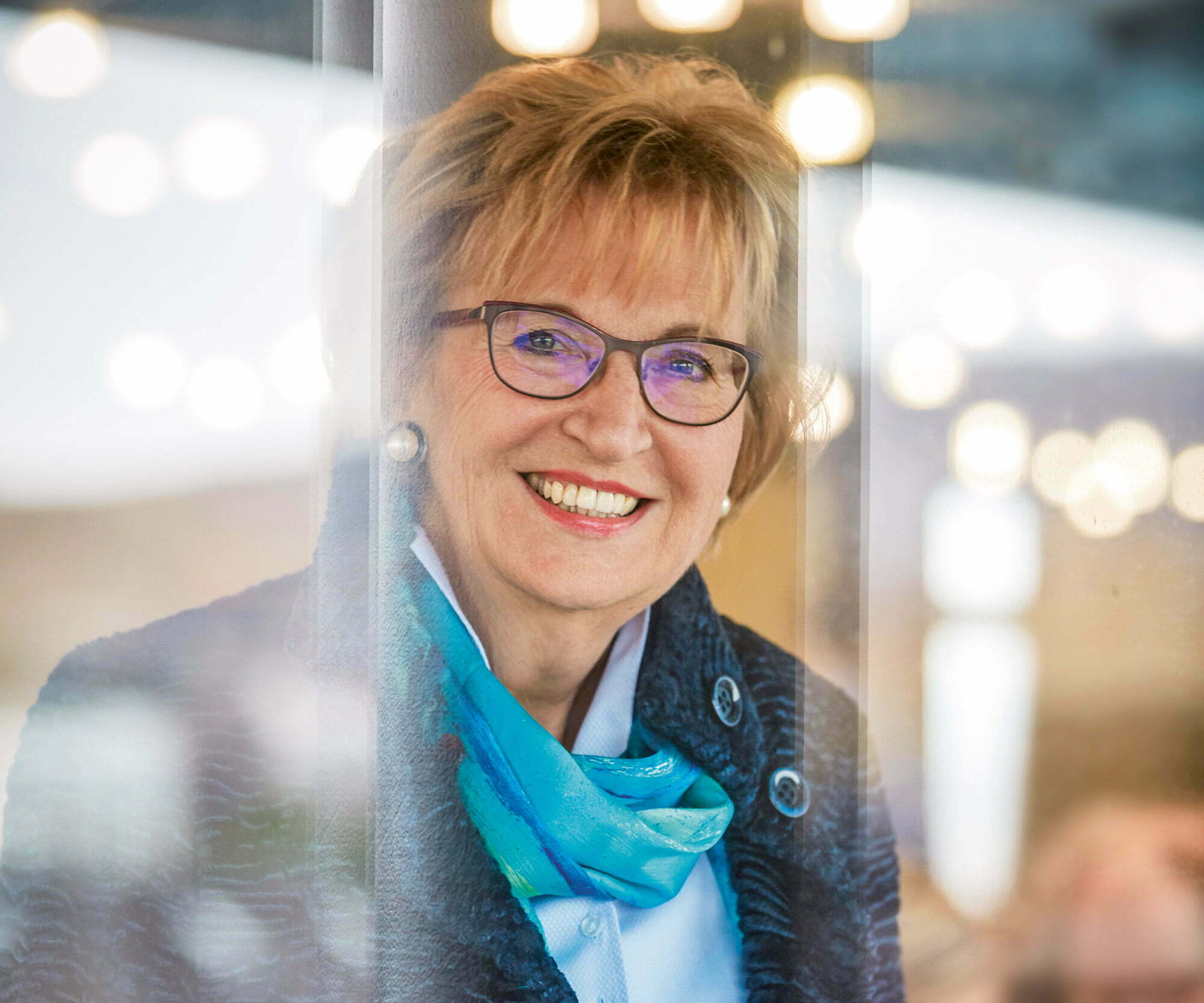
What brought you to ETH Zurich?
Ilse New – I grew up speaking two languages, with family in Austria, England and Switzerland, and I came to Zurich in 1968 to study English language and literature. At the university, I had the good fortune to study with Sir Brian Vickers, Professor of English and Renaissance literature and one of the world’s leading Shakespeare scholars. He became my supervisor and mentor and when he moved to ETH Zurich in 1975 to found the Centre for Renaissance Studies, I became his research assistant. After graduation I was offered my first teaching assignement, English for Academic Purposes, and thereafter steadily expanded the range of courses. When Brian Vickers retired in 2002, I was asked to take over his lecture course on English literature. Over the years, I’ve shared my passion for English language and literature with thousands of students!
Why do you support the Excellence Scholarship & Opportunity Programme at ETH?
Ilse New – First, because in my own life I’ve been fortunate enough to meet persons who inspired and encouraged me. And second, as I became more involved in individual supervision over the years, I got to know many Excellence Scholars. After the founding of the ETH Foundation in 2003 and the launch of the Excellence Scholarship & Opportunity Programme in 2007, they became more frequent on my courses and inspired me time and again with their personalities and curiosity. I could witness how the scholarship inspired these talented individuals and boosted their confidence. “Striving for excellence” became their maxim. I see encouraging young people as the noblest task of every educator: “Show that you care!”
One way that you do this today is by proofreading the scholars’ English texts – from Master’s theses to academic publications.
Ilse New – There have been unusual requests too. One of the scholars, for example, had a rock band. He asked me whether I could take a look at his lyrics, and I ended up working with them on three albums. With the support of other scholars, we also organised a number of successful benefit concerts.
What do you notice when you follow the talents’ progress?
Ilse New – I am happy to still be in contact with scholars at ETH – and also in Toronto and at Stanford. I am particularly impressed by their tendency to favour a well-rounded education, as advocated by the co-founder of the humanistic tradition at ETH, Francesco de Sanctis. The wide scope of their talent can be seen in a particular affinity for music, for example, or in an interest in literature and the arts. Many of them also show clear signs of leadership potential as they set about supporting and motivating younger students. It will be exciting to see how these scholars will shape our future!
How important was education to your own family?
Ilse New – Education has always been highly valued in my family, especially a holistic education. I can look back at generations of academics and engineers, with musical or artistic tendencies. I can still hear my grandfather’s impressive renditions of Chopin polonaises, and my home is decorated with my father’s watercolours. My husband holds a PhD in chemical engineering from ETH and also believes in a holistic education: it’s no coincidence that we met at an art exhibition – and got to know each other through our shared love of music and playing piano duets!
